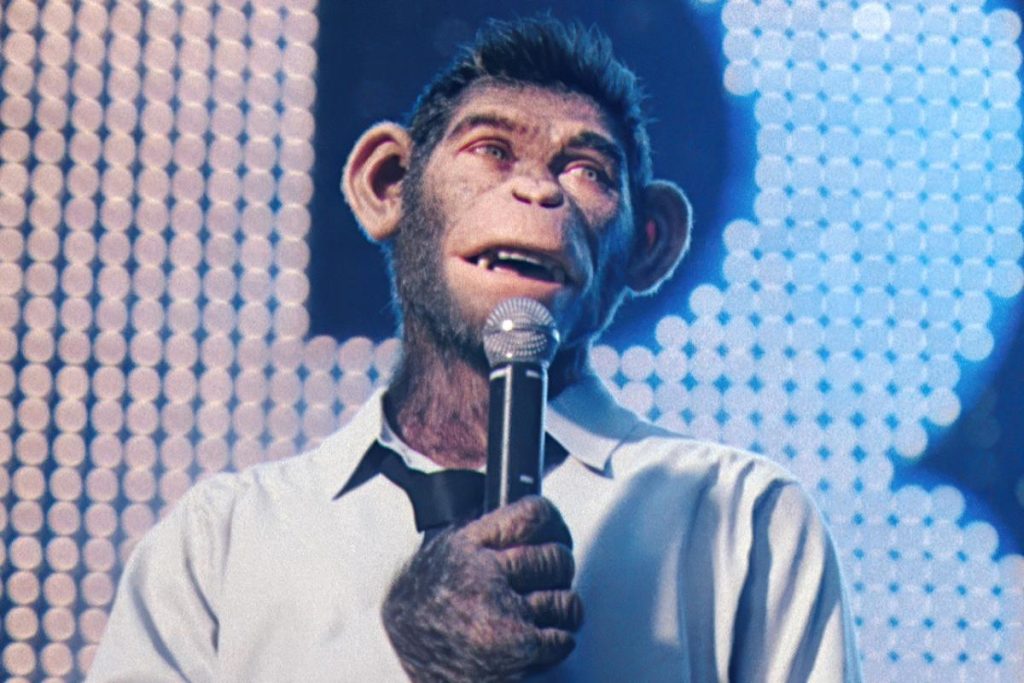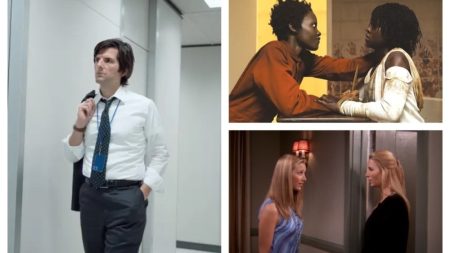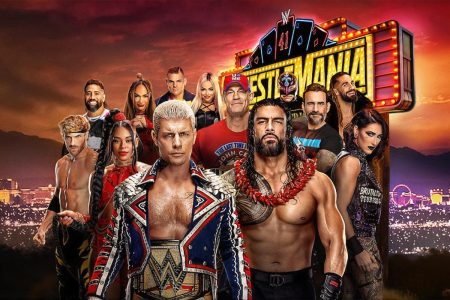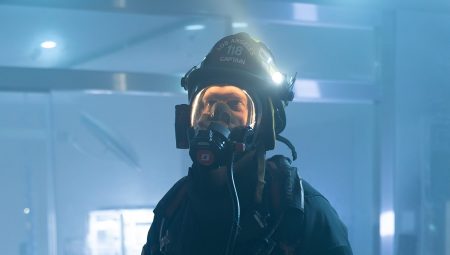“Better Man,” a biopic about British pop star Robbie Williams, takes an unconventional approach by portraying Robbie as a CGI chimpanzee throughout the film. This creative choice, while intriguing, led to mixed reactions and ultimately a box office flop, grossing just $19 million against a $110 million budget. The film’s unique concept, which blends traditional musical elements with a fantastical twist, sets it apart from other biopics but also creates a disconnect that makes it difficult for audiences to fully engage emotionally.
The movie begins with a young Robbie, voiced by Carter J. Murphy, growing up in a family where his father, Peter, aspires to fame but abandons his family to pursue it. This abandonment deeply affects Robbie, shaping his insecurities and drive for success. The narrative follows Robbie’s rise to fame, from his early days in the boy band Take That to his solo career, marked by both triumphs and struggles with addiction. The film’s use of Robbie’s own voice for narration adds a personal touch, offering insights into his internal battles and evolution as an artist.
One of the film’s standout features is its musical sequences, which bring Robbie’s hits like “Rock DJ” and “Let Me Entertain You” to life in vibrant, dynamic ways. Director Michael Gracey, known for “The Greatest Showman,” infuses these scenes with energy, making them a highlight of the film. However, the visual style, which combines CGI with live-action, often falls into the uncanny valley, detracting from the viewing experience and making it harder for audiences to connect with Robbie’s journey.
The portrayal of Robbie as a chimpanzee is a bold, symbolic choice meant to reflect his feelings of being “unevolved” and his struggle with self-acceptance. This metaphor is revisited throughout the film, emphasizing themes of identity and the pressures of fame. While the intent is clear, the execution struggles to balance the whimsical imagery with the heavier emotional moments, leading to a narrative that feels disjointed at times.
Despite the film’s creative risks, it also touches on universal themes such as fame, family, and redemption. Robbie’s relationships, particularly with his father and later with Nicole Appleton, add emotional depth to the story. His collaboration with producer Guy Chambers marks a pivotal moment in his career, showcasing his growth as an artist. These moments, while poignant, are occasionally overshadowed by the film’s stylistic choices.
In the end, “Better Man” is a film that takes a daring approach but doesn’t quite hit the mark. While it admirable for its creativity and ambition, the chimp portrayal and visual inconsistencies hinder its emotional impact. For fans of Robbie Williams, it offers a unique perspective on his life, but for others, it might be a miss. Whether to stream it or skip it depends on your tolerance for unconventional storytelling and your interest in Robbie’s story.









